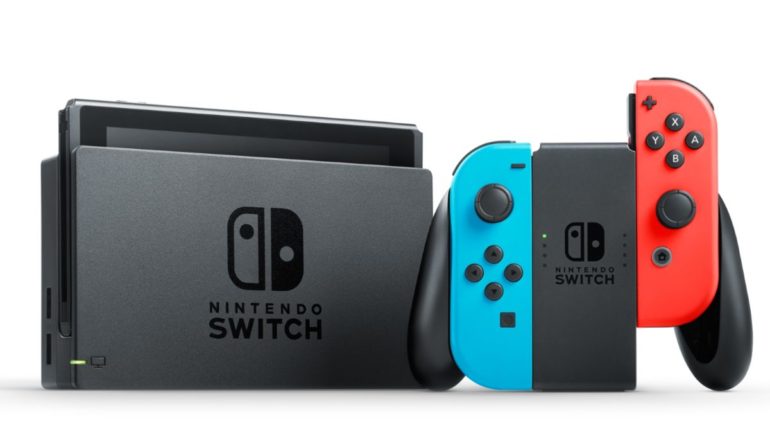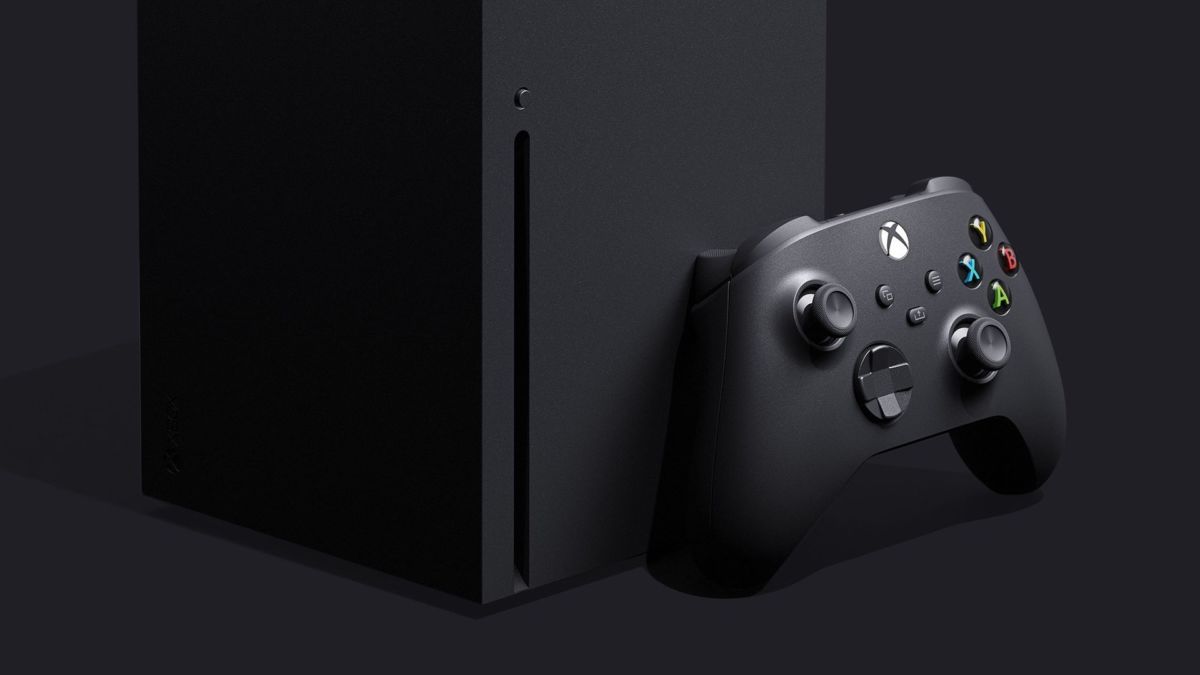Seeing as the Switch is already technically surpassed by its counterpart systems, the PS4 and Xbox One, it stands to reason that with the PS5 and Xbox Series X releasing later this year, Nintendo may have reason to worry that their hybrid system is to become even more outclassed. With speculation of Switch hardware revisions circulating since the initial 2017 release, and recently realised with the September release of the handheld exclusive Switch Lite, this coming year seems like the perfect time to make the long speculated “Switch Pro” a reality.
There certainly is a precedent for the release of a mid-generational hardware upgrade with the PS4 and Xbox One receiving similar treatments in 2016 and 2017 respectively. Nintendo certainly hasn’t shied away from the concept in the past either with all of their handheld consoles receiving an upgrade in one way or another. Seeing that the Switch bridged the gap between Nintendo’s home console and handheld development, it seems that the release of a more powerful Switch system is inevitable.
Since during the last console generation, Nintendo was able to outsell both the PS3 and Xbox 360 with the Wii’s inferior hardware, and factoring in the Switch’s recent success in outselling the Xbox One, it’s clearly evident that Nintendo hasn’t been too concerned in hardware parity during the development of their consoles since the release of the GameCube. Still, a substantial gap in hardware capabilities does spell bad news for third party support. After seeing the success of third-party ports such as The Witcher 3, and DOOM Eternal’s initially planned multi-platform release (before it was delayed beyond the PS4 and Xbox One’s release date), failing to maintain comparable hardware with current generation systems could potentially create some fatal flaws within the Switch’s software library.
Obviously the Xbox One and PS4 boast much more impressive technical specs than the Switch, with the Xbox One’s 1.31 TFLOPS of processing power being an obvious advantage over the Switch’s approximately 1 TFLOP of power. In terms of RAM, the competition also has Nintendo’s 4GB beat with 8GB of DDR3 RAM and 12GB of DDR5 from the Xbox One and PS4 respectively. Although the Switch’s insanely optimised OS uses less than 200KB of system resources, allowing for a speedy user experience that does a surprisingly good job to cover up this disparity. Where the Switch triumphs over the competition is in terms of form factor as the Switch’s portability is an advantage that never ceases to prove useful. When viewing the Switch as a portable rather than a home console, its specs seem to shine as the definitive handheld gaming experience.
The release of a hypothetical “Switch Pro” would seem to be the solution to this problem in the home console market, although if a recent rumour originating from the Korean message board Clien is to be believed, the specs of the Switch Pro may fail to meet expectations. Stating that “4k support or such a big performance [increase] should not be expected,” it’s likely that if we do receive a Switch Pro later this year, it may not play as large of a role in bridging the gap between the competitor’s systems as much as we once had theorised.
It wouldn’t be all that outlandish of a statement to claim that the Switch isn’t directly competing with either Sony or Microsoft’s offerings, rather acting as a supplementary console. In fact, with Microsoft and Nintendo’s recent cooperation, it would be a stretch to call the two competitors at all. While previous rumours that Xbox Game Pass would be coming to the Switch are yet to be realised, it isn’t too unrealistic that in the future Microsoft’s xCloud could arrive on the Switch as a means to fulfill its inability to perform 4K gaming. Granted, all this is speculation and the lack of any news regarding the aforementioned arrival of Xbox Game Pass doesn’t bode well for the possibility.
As many Switch owners would testify, technical prowess is hardly one of the Switch’s main appeals. Rather, the console has carved its spot into the market with its impressive versatility, and most importantly, a stellar line up of exclusive titles. Seeing as both Breath of the Wild and Super Mario Odyssey released within the console’s first year on the market, accruing massive financial and critical success within the past three years, its evident that the Switch’s library is the real horsepower behind its commercial success. Granted, more ambitious titles such as Breath of the Wild do struggle to perform optimally at times, although this seems to be a trivial inconvenience when the trade off is playing one of the most renowned games of the past decade wherever you please. For Nintendo, the issue of technical fidelity may as well not exist, and the development of a more powerful, 4K enabled Switch may not be worth it at all. Nintendo has consistently shown their ability to create stellar titles while the competition is busy chasing graphical prowess.
Do next gen consoles pose trouble for the Switch? Realistically, not exactly. While third-party support for the platform may begin to wane as the Switch’s hardware falters behind, the idea of less powerful hardware has never seemed to be a concern for Nintendo and it’s unlikely to see that change now. Having arguably the industry’s strongest supply of IPs, bolstered by a strong entourage of second party studios, the Switch’s inferior hardware will have no bearing on its ability to deliver strong exclusives in the coming years. While it wouldn’t be shocking to see the release of a “Switch Pro” later this year, it’s likely that it won’t be the major increase many are expecting. Alternatively, an upgrade falling in line with the recent Switch revision models released in August may be closer to the reality which we get.
READ NEXT: PS5 Games: All The Confirmed PlayStation 5 Games
Some of the coverage you find on Cultured Vultures contains affiliate links, which provide us with small commissions based on purchases made from visiting our site.



